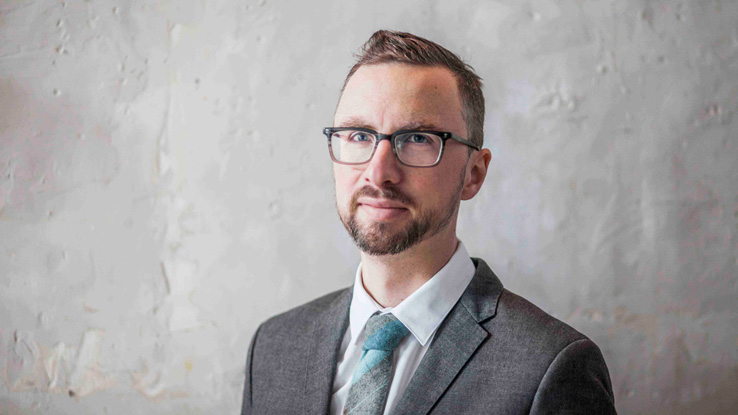On Tuesday, May 31, the Canadian government made a ruling that was the first of its kind for the country. Starting on January 31, 2023, the province of British Columbia will conduct a trial—lasting three years—in which people over the age of 18 will be able to possess up to 2.5 grams of opioids, cocaine, methamphetamine, and MDMA without arrest, seizure, or charge. Canada joins a handful of countries with existing decriminalization policies; others include Portugal, the Czech Republic, the Netherlands, and the United States (Oregon decriminalized possessing small amounts of hard drugs back in 2020).
A decriminalized drug resides in a constitutional no-man’s land, neither legal nor illegal. The policy essentially entails that possession won’t result in handcuffs and that a substance use disorder won’t be treated as a crime. “This is long overdue,” says Daniel Werb, director of the Center on Drug Policy Evaluation at St. Michael’s Hospital in Toronto. “This is something that people have understood for a really long time—that you can’t arrest your way out of this problem.”
And a problem it is indeed. The war on drugs has waged on for half a century, and the writing’s on the wall: It’s clearly not working. “The record is clear that the global war on drugs has been a total catastrophic policy failure,” says Ben Perrin, a law professor at the University of British Columbia and author of Overdose: Heartbreak and Hope in Canada’s Opioid Crisis. Criminalizing drug use disproportionately targets the marginalized, including Black and Indigenous communities, the unhoused, and people with mental illness. And the stigma stemming from criminalization means that people are less likely to seek help, and more likely to use drugs alone, which contributes to higher rates of overdose.

